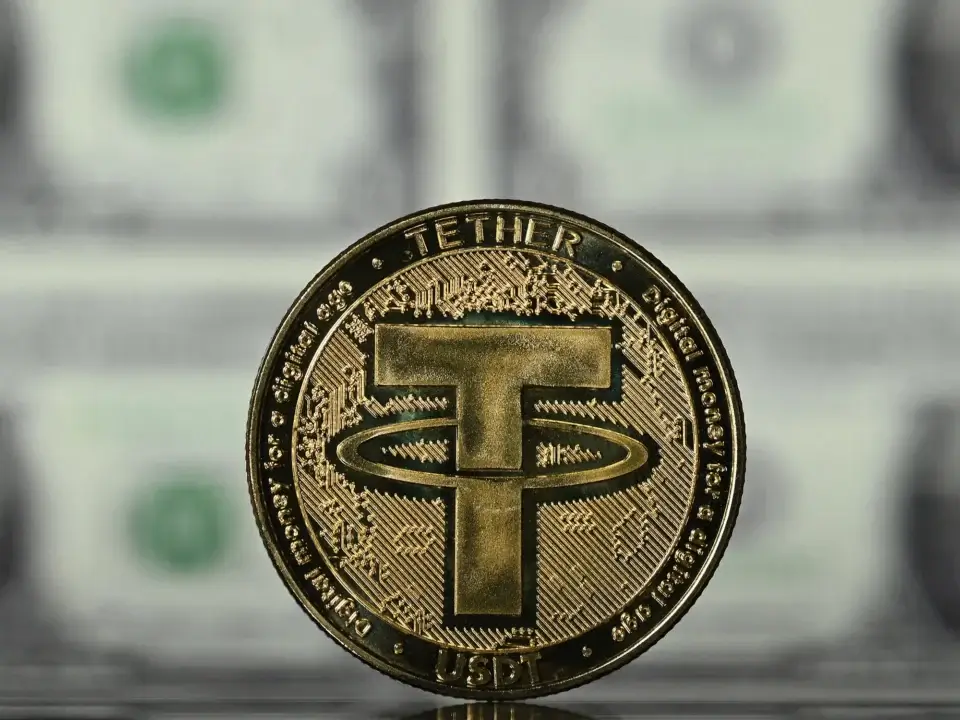Ethereum Co-Founder’s $6M Transfer Sparks Market Speculation

An Ethereum co-founder’s recent transfer of $6 million in ETH to an exchange has drawn market attention, highlighting a week of significant developments in decentralized finance, security, and institutional investment.
Major Token Movements and Market Reactions
Jeffrey Wilcke, a co-founder of Ethereum (ETH), sent approximately 1,500 ETH, valued at around $6 million, to the Kraken crypto exchange. The transaction, noted by on-chain analytics platform Lookonchain, coincided with a drop in Ether’s price from $4,000 to nearly $3,900. While moving assets to an exchange often precedes a sale, it doesn’t guarantee one. This follows a pattern for Wilcke, who deposited $9.22 million in ETH to Kraken in August and previously moved a massive $262 million, which analysts speculated was for redistribution to new wallets rather than for a sale.
Solana Expands Access to Tokenized Securities
On the Solana blockchain, Real-World Asset (RWA) protocols Splyce and Chintai have introduced a new product aimed at providing retail users with access to institutional-grade tokenized securities. The offering uses “S-Tokens,” which mirror the yields generated by Chintai’s underlying assets through a loan structure. This innovative approach is designed to broaden the availability of RWA yields beyond the traditional institutional investor base, potentially increasing the appeal of asset tokenization on the Solana network.
Technical Glitches and Security Threats Linger
The BNB Chain derivatives Decentralized Exchange (DEX), Aster, recently reimbursed traders affected by a technical glitch in its Plasma (XPL) perpetual market. A misconfigured price index caused XPL futures to spike to nearly $4 while the market price remained around $1.30, triggering unexpected liquidations and fees. Aster acted quickly to reassure users that funds were safe and distributed full compensation for all losses, including trading and liquidation fees.
In a broader security warning, experts have urged cryptocurrency companies to bolster their defenses against North Korean hackers. These operatives are reportedly seeking employment within major Web3 businesses to stage large-scale exploits from the inside. To counter this growing threat, security specialists recommend adopting enhanced wallet management, real-time AI monitoring to detect exploits early, and more rigorous employee vetting practices.
Crypto Treasuries Face Potential Selling Pressure
Analytics platform CryptoQuant has issued a warning that crypto treasury companies funded through Private Investment in Public Equity (PIPE) deals could see their share prices decline by as much as 50%. PIPE deals allow private investors to purchase new shares below market value, a popular method for crypto firms to raise capital quickly. According to the report, as investor lock-up periods expire, significant selling pressure is likely to push share prices down toward their initial PIPE offering levels.








